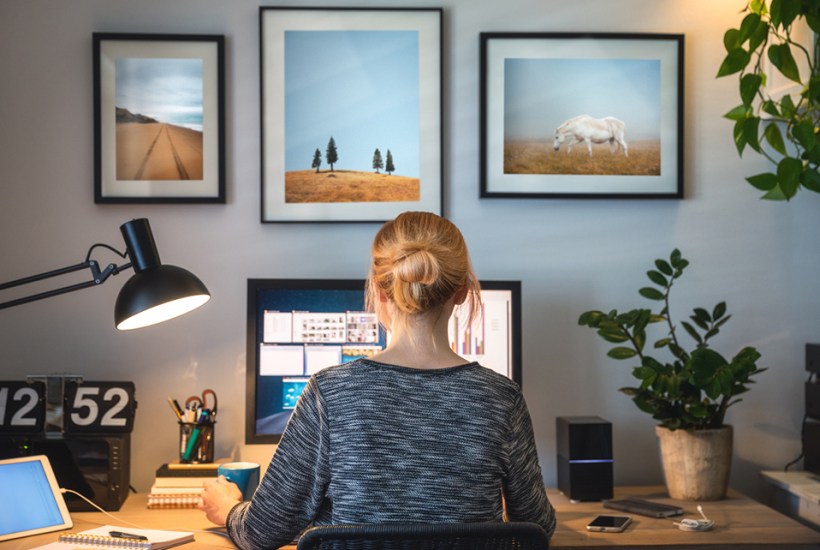I recently heard a tip from an older colleague on managing a department. ‘Everyone is primarily interested in one of three things,’ he said. ‘To motivate them, all you need do is discover which one drives them most.’
What are the three? They are power, money and autonomy.
I wish I had heard this 20 years ago, as it explains a great deal about the stark differences between colleagues’ working motivations which had often baffled me in the past.
A huge amount is written about power and money, but very little thought is devoted to autonomy. Yet it is probably the need for autonomy that drives people to become entrepreneurs much more than greed. The neuroscientist Paul Rock lists it as one of five primary drivers of human working behaviour. In his SCARF model, the five emotional hot buttons are Status, Certainty, Autonomy, Relatedness and Fairness.
I suspect autonomy is often unfairly perceived as disobedience. It isn’t that at all. People who value autonomy are happy to be told what needs to be done, but they want some leeway to apply imagination, creativity and their own tacit knowledge in deciding how to do it. This is hardly unreasonable, as without this discretion, it is impossible for anyone to cultivate a skill. Much of the pleasure and purpose of work then disappears.
No, the people who baffle me most are those who are happy to perform repeated bureaucratic tasks even when they are obviously pointless to everyone involved.
I cannot imagine what it is like to work at a retail bank nowadays, where a moronic compliance culture demands that you quiz 80-year-old spinsters about their identity ‘in accordance with money–laundering and anti-terrorist legislation’. I recently had a card cancelled because I failed to send the issuer photographs of my 92-year-old father’s passport and driving licence. The drone on the phone did admit that, yes, it was quite unusual for a terrorist cell to confine their financial activities to fortnightly visits to Waitrose in Monmouth, but ‘there’s nothing I can do’. I nearly replied ‘Well you could get a more worthwhile job, like drug-dealing or being the gimp at BDSM parties’, but I didn’t. I’m nice like that.
Contrast this mindset with that of a package delivery driver I once met, who told me that all the other drivers would take the computer–generated route-plan they were given at the beginning of the day and head straight off from the depot. He, on the other hand, would spend half an hour sitting in the van revising the plan – ‘There’s no point in delivering there at 8 a.m., they’re closed’ or ‘I’ll go there earlier since it’s term-time and the traffic is bad at 4 p.m.’ He usually finished his run an hour before everyone else, with far fewer failed deliveries.
I suspect a similar improvement in productivity is up for grabs in knowledge work, provided employees are motivated enough to know the conditions most conducive to working effectively. The pandemic may hence unleash a Zoom-boom, by allowing staff more flexibility over their patterns and place of work. I recently learned from my assistant the trick of working all morning, taking a few hours off in the afternoon, then working again in the evening. You get more done than you do in a solid day, but it feels like you’re on holiday. In truth this shouldn’t surprise us: the best way to solve a difficult crossword clue is not to stare harder at it, but to go and take a break.
I did worry for a time that people would overcompensate, and that the sociability and serendipity of office life would fall victim to people working from home all the time. It turns out that this isn’t nearly as big a problem in the UK as it is in the US. For that, I suspect, we have British drinking culture to thank.
Got something to add? Join the discussion and comment below.
Get 10 issues for just $10
Subscribe to The Spectator Australia today for the next 10 magazine issues, plus full online access, for just $10.
You might disagree with half of it, but you’ll enjoy reading all of it. Try your first month for free, then just $2 a week for the remainder of your first year.















Comments
Don't miss out
Join the conversation with other Spectator Australia readers. Subscribe to leave a comment.
SUBSCRIBEAlready a subscriber? Log in